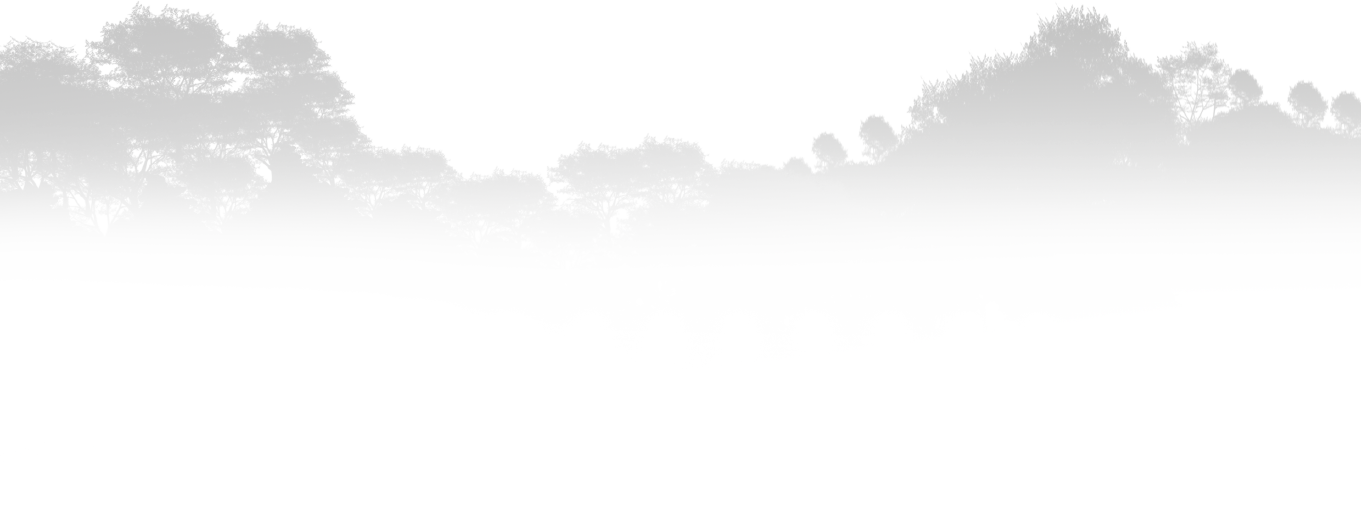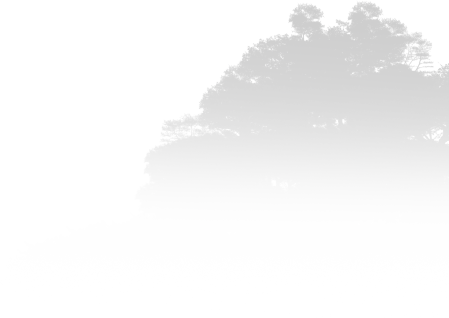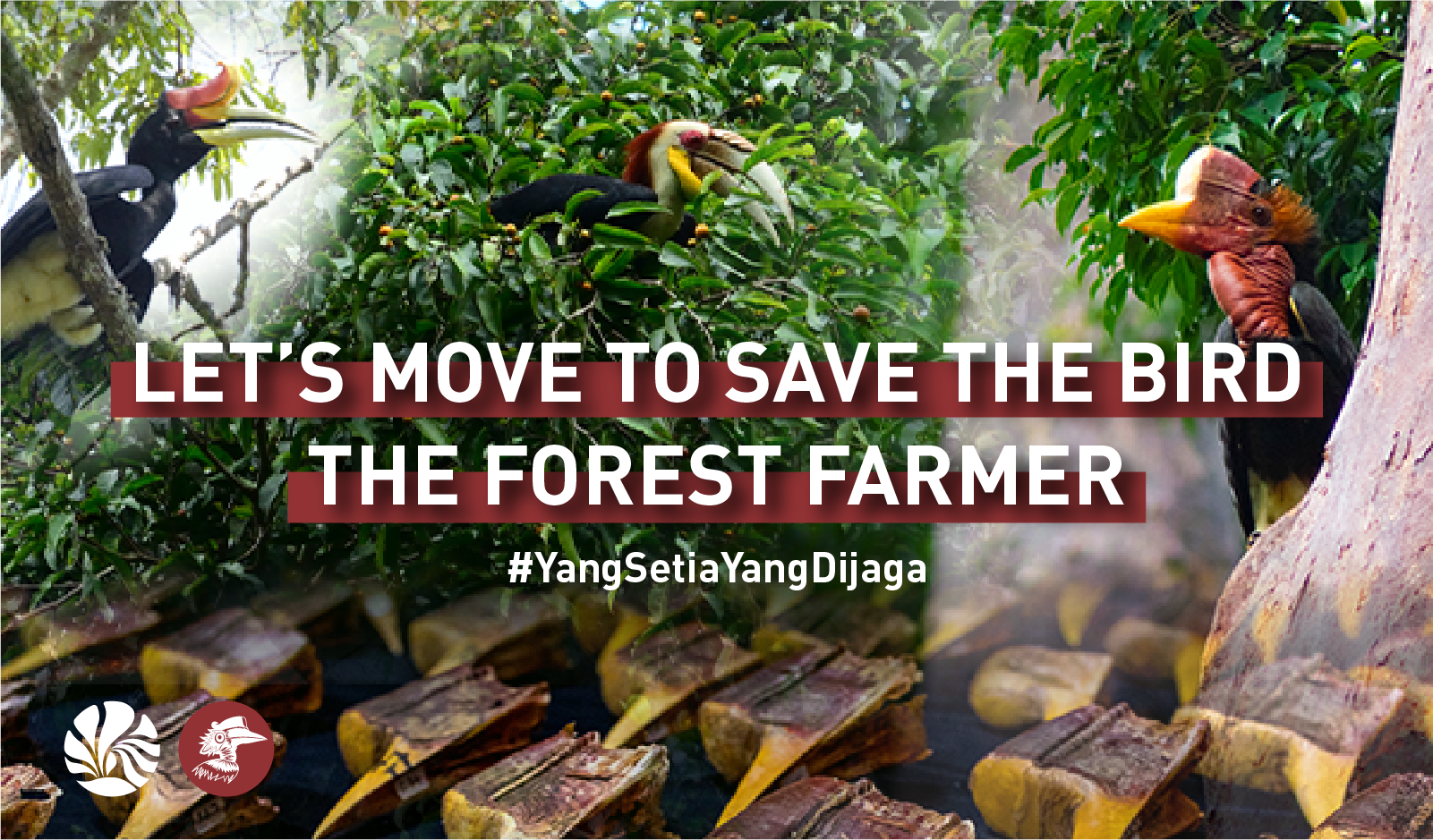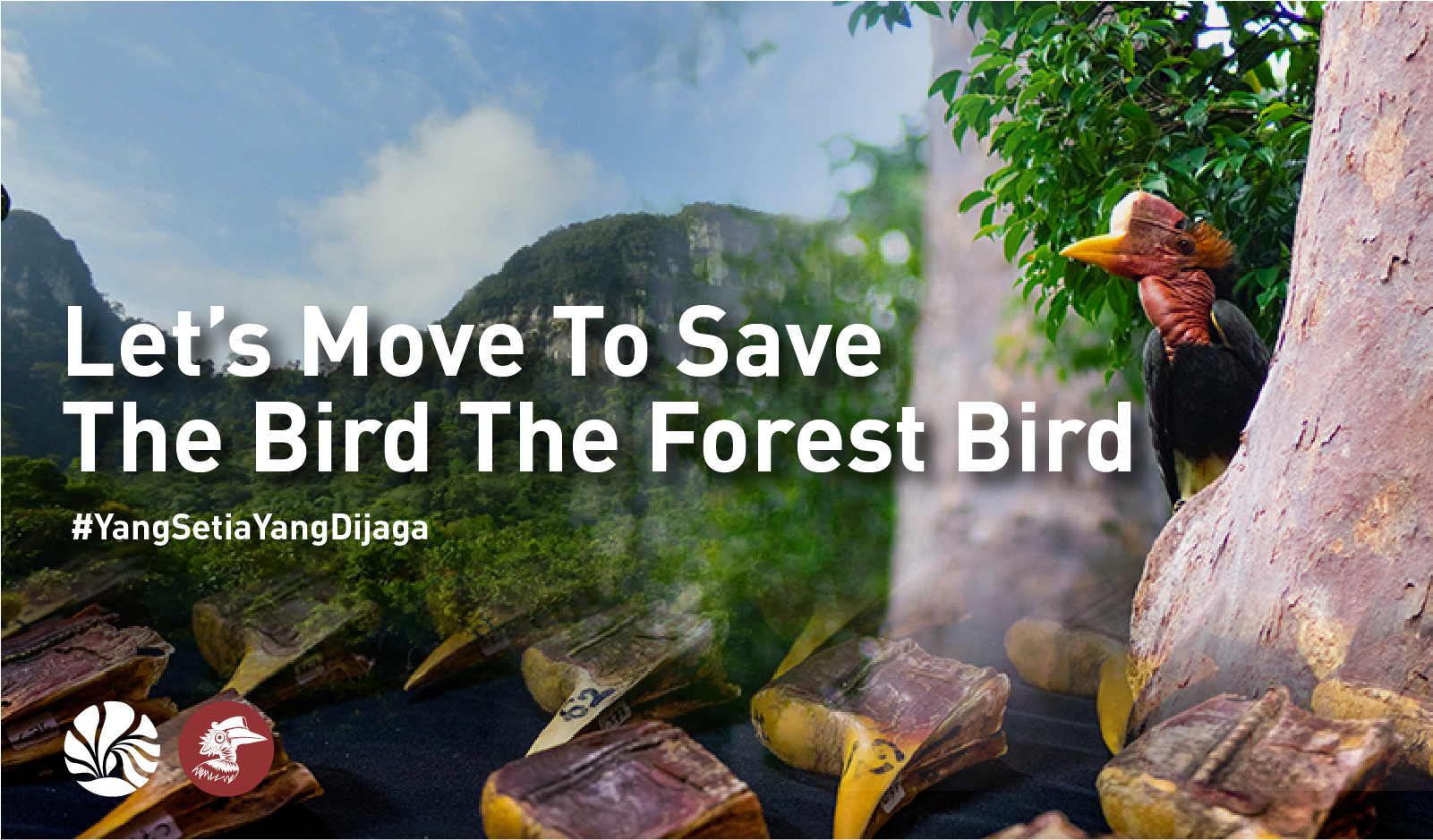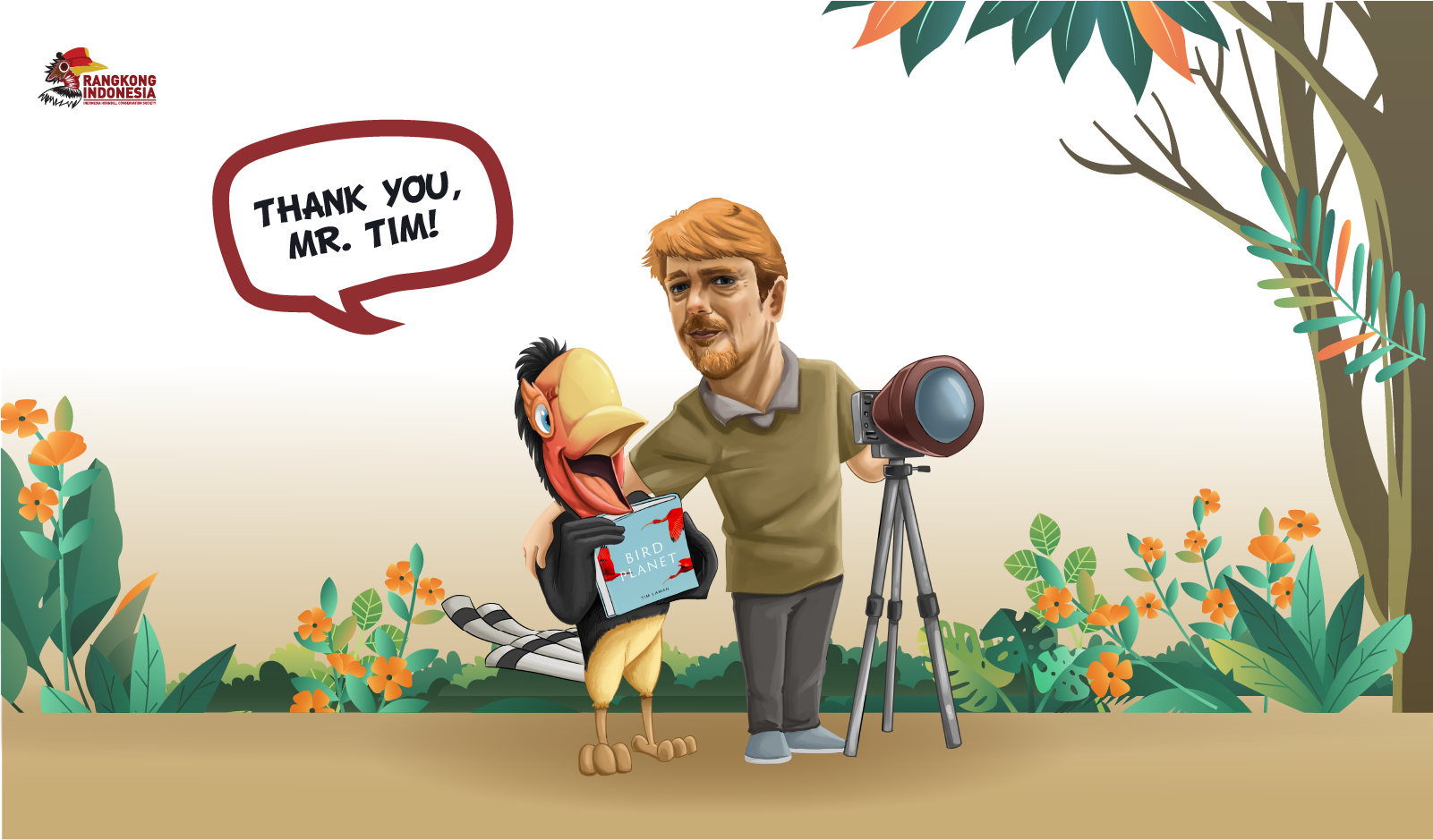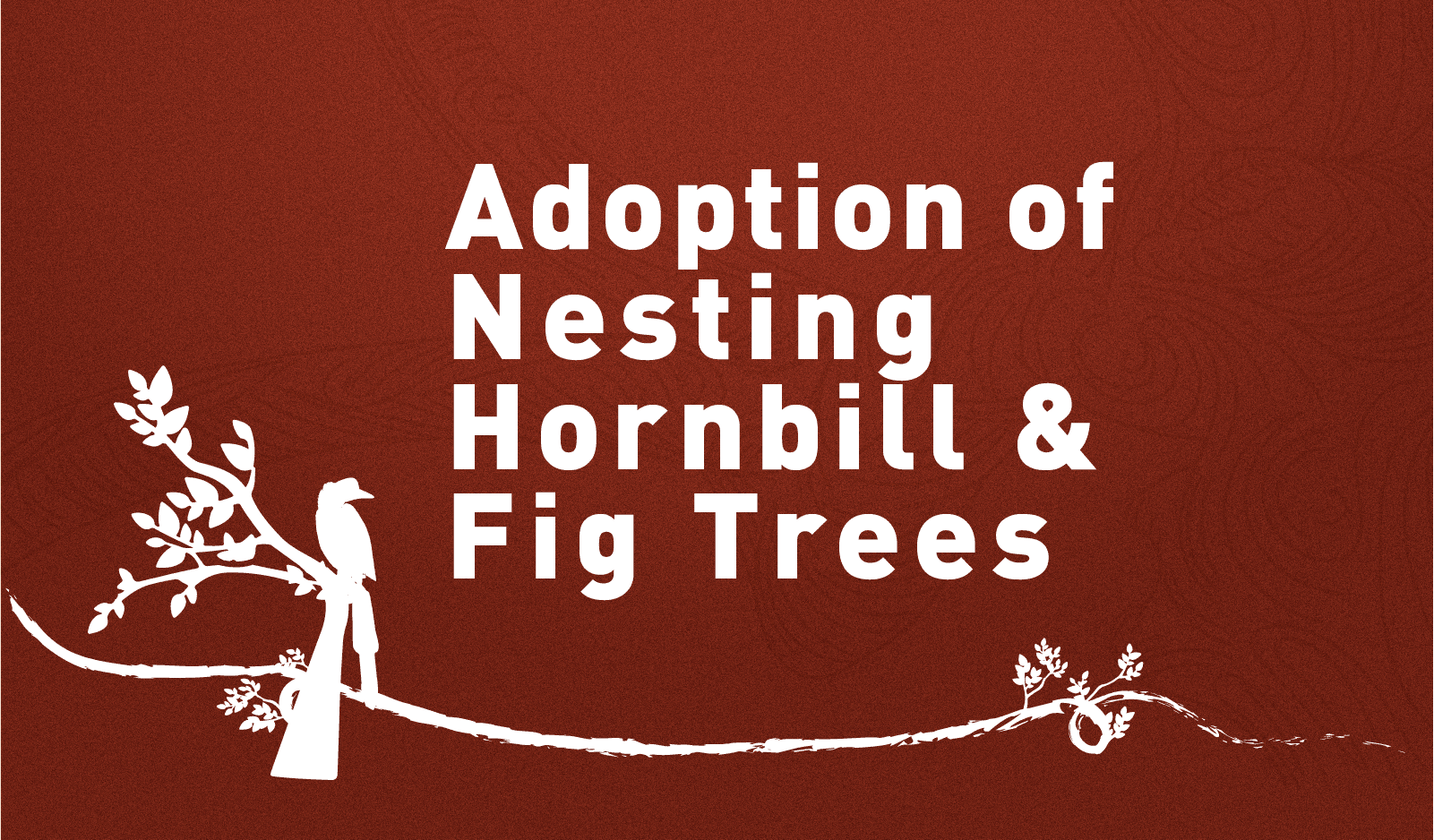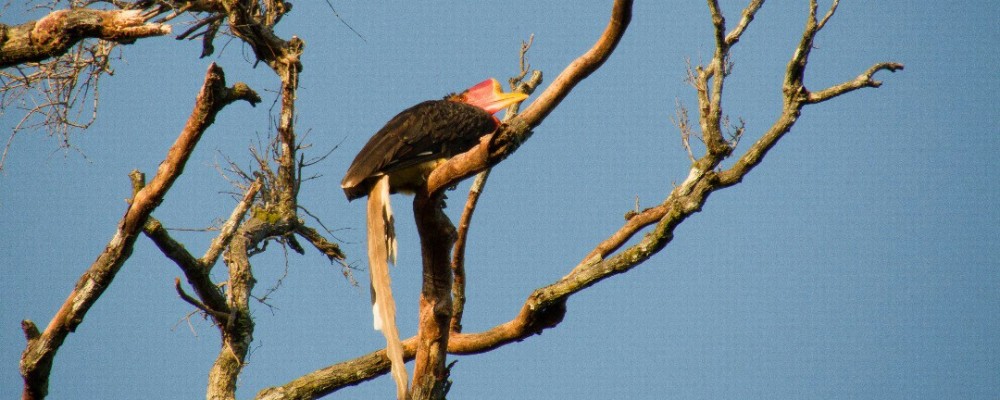
Since 2015, the status of Ivory Hornbill on the IUCN Red List has risen three levels while becoming a CR / Critically Endangered, the status of which was previously NT / Near Threatened (2012). This increase in status was caused by several factors, which were hunted, trading in red ivory (beak of the hornbill), and also the conversion of the forest that became the habitat of the ivory hornbill.
At the CITES Conference of Parties (COP) 17 held on 24 September to 5 October 2016 in Johannesburg, South Africa, Indonesia for the first time submitted a proposal to develop a full and affirmative law against the opposition of the Hornbill. The proposal uses that encouragement and law enforcement against the convention is not only applied to the habitat state (range state), but also applied in the consumer country (demand state). The proposal was approved by the CITES COP17 on October 2, 2016 and issued by all parties present at the conference.
CITES arrangements related to Ivory Hornbill encourage the establishment of habitat habitat partnerships in anti-poaching efforts and monitoring the impact of hunting on the population. In addition, this resolution also encourages related countries (range and demand state) to create and implement action projects for the Ivory Hornbill, and educate the public.
In order to follow up on the CITES COP17 resolution on Ivory Hornbill, Indonesia as a habitat country will hold a consolidation meeting towards the strategic action plan for Ivory Hornbill conservation. Prior to the consolidation meeting, the Directorate of Biodiversity Conservation, Ministry of Environment and Forestry of the Republic of Indonesia held a meeting to prepare a consolidation meeting on the conservation of Ivory Hornbill on a national scale which will be held in Medan City. The city of Medan was chosen as its location because it is one of the export points for sending red ivory abroad, especially to China.
The first preparatory meeting was held on March 15, 2017, then continued with the second preparatory meeting on April 28, 2017. The two meetings were held at the Manggala Wanabakti Central Building, Palmerah, West Jakarta. Indonesian hornbills are involved in the preparation of the consolidation meeting of Ivory Hornbill conservation. In addition to the Indonesian Hornbill, also attended the Directorate General of Environmental and Forestry Law Enforcement, Forestry Research and Development Center, and also several other environmental NGOs such as the Wildlife Conservation Society-Indonesia, Flora Fauna International-Indonesia, and the Zoological Society of London-Indonesia.
In the preparatory meeting for the consolidation meeting, the parties exchanged information they had about hunting and trading of the Ivory Hornbill which has happened recently. After that, the preparatory meeting continued with the formulation of the consolidation meeting agenda, including where the holding was and who would be included in the regional consolidation meeting.
Based on the results of the meeting, a national consolidation meeting was held in Medan City, North Sumatra on May 16, 2017. The national consolidation meeting invited various parties such as representatives from the Directorate General of the Ministry of Environment and Forestry concerned, representatives of the BKSDA in Sumatra and in Kalimantan, representatives National Parks in Sumatra and Kalimantan and representatives of universities in Sumatra and Kalimantan. This consolidation meeting certainly involved NGOs that dealt with the issue of Ivory Hornbill which included Indonesian Hornbill, Indonesian Bird, Bird Archipelago, Flora Fauna International Indonesia (Indonesian FFI), The Nature Conservacy (TNC), TFCA Sumatra, TFCA Kalimantan, UNDP Project Tiger, USAID BIJAK, Wildlife Conservation Society (WCS), WWF Indonesia, Palung Foundation, Planet Indonesia Foundation, IARI Foundation, Titian Foundation, Indonesian Orangutan Foundation, and Zoological Society London (ZSL). In addition, several private institutions such as the Indonesian Zoo Association (PKBSI), the Association of Flora Fauna Indonesian Entrepreneurs Association (HAPFFI), PT. Indonesian Ecosystem Restoration (PT. REKI), PT. Restoration Ecosystem Riau (PT.RER), PT. Restorasihabutat Orangutan Indonesia (PT. RHOI), PT. RAPP, and PT. APP
The Rangkong Gading conservation consolidation meeting discussed a number of strategic issues including collecting data on the distribution and population of Ivory Hornbill, collecting data on threats (habitat, hunting and trade), discussing what efforts have been, are being, and will be done in the effort to conserve Ivory Hornbill (education, awareness campaign, local wisdom, area protection, patrol, research, existing conservation efforts, etc.). In addition, at the meeting there will also be mapping of key stakeholders in Ivory Hornbill conservation efforts, efforts to encourage policies, and mapping of challenges that have been, are, and will be faced.
